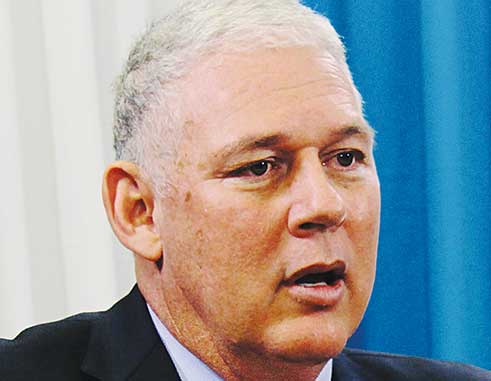WHEN the Prime Minister of Saint Lucia, Allen Chastanet, says he is running the government like a business, he is partially correct, in that the principles of good management are the same for a government as they are for a business. It must be noted, though, that there are two fundamental differences related to running a government versus running a business.
(1) In the case of the government, the people of Saint Lucia are like the board of directors and have the power to vote the Prime Minister in or vote him out; and
(2) The objectives of a government should be different to the objectives of a business. However, these objectives should at all times take into consideration stakeholders and finances.
Having said this, what are these underlying principles for any good management system — be it government or business? The international best practice identifies them as follows:
• Understanding and meeting the needs of stakeholders
• Good leadership that sets the right tone
• Engaging stakeholders and ensuring two-way effective communication
• Managing processes to ensure effectiveness and efficiency
• Continually improving by addressing complaints and learning from mistakes.
• Making decisions based on evidence (data, information, etc.)
• Managing relationships with stakeholders
Anyone who has successfully managed an organisation to get their desired results will agree that the above principles underpin good management — be it for government or a business.














The problem with running any government like a business regardless of what country it is, is that the “business” end up coming first and the people second to that. Finances end up coming before the welfare of the people whether intentional or not and many times, the powers in charge may start to lose sight of over the peoples needs, resulting in forfeiting the targets that they were voted in to meet in the first place.
Most people who vote for a party, generally don’t look at finances in the same way as a government does. People will vote on things that need to be built, ask money to be spent on education, hospitals, saving the environment, lowering taxes. That’s a lot of spending, but voters are putting the people first before the cash and those voters will vote for the party that can meet those demands. If a government is going to run it like a “business” then they need to make sure that the people can see the benefits in that. If your going to flatten someones home to put in a hotel, tear down the environment for extra airports then you’ve got to be extremely sure that people are going to be getting something out of it. No point creating extra jobs if the pay is going to be weak and people are still struggling for your “business”.